
Kisumu CBD: The Heartbeat of Western Kenya
Kisumu CBD, situated on the shores of Lake Victoria, is the bustling core of Western Kenya's third-largest city. This vibrant neighbourhood offers a unique blend of urban energy and natural beauty, making it a must-visit destination for any traveller. As you stroll through the streets, you'll encounter a mix of modern architecture, historical landmarks, and lively markets that reflect the rich cultural tapestry of the region. The CBD is home to an array of attractions that cater to diverse interests. History enthusiasts can explore the Kisumu Museum, which showcases the traditions and artifacts of the Luo people. For a taste of local life, head to the bustling Kibuye Market, where vendors sell everything from fresh produce to handcrafted goods. Nature lovers will enjoy a visit to Dunga Hill Camp, which offers stunning views of Lake Victoria and opportunities for bird watching. Kisumu CBD also boasts a vibrant culinary scene, with restaurants and street food vendors serving up delicious local and international cuisine. Don't miss the chance to try traditional dishes like tilapia fish, fresh from the lake, or sample the sweet and savory treats from the many food stalls. With its warm climate, friendly locals, and rich cultural heritage, Kisumu CBD is a destination that promises unforgettable experiences.
Local tips in Kisumu CBD
- Visit Kibuye Market early in the morning to experience the local hustle and get the best deals on fresh produce.
- Carry cash, as many local vendors and smaller establishments might not accept credit or debit cards.
- Wear comfortable shoes for walking, as exploring the neighbourhood on foot is the best way to soak in the sights and sounds.
- Stay hydrated and use sunscreen, especially when spending time outdoors near the lake.
- Engage with locals for recommendations on hidden gems and off-the-beaten-path attractions.
Kisumu CBD: The Heartbeat of Western Kenya
Kisumu CBD, situated on the shores of Lake Victoria, is the bustling core of Western Kenya's third-largest city. This vibrant neighbourhood offers a unique blend of urban energy and natural beauty, making it a must-visit destination for any traveller. As you stroll through the streets, you'll encounter a mix of modern architecture, historical landmarks, and lively markets that reflect the rich cultural tapestry of the region. The CBD is home to an array of attractions that cater to diverse interests. History enthusiasts can explore the Kisumu Museum, which showcases the traditions and artifacts of the Luo people. For a taste of local life, head to the bustling Kibuye Market, where vendors sell everything from fresh produce to handcrafted goods. Nature lovers will enjoy a visit to Dunga Hill Camp, which offers stunning views of Lake Victoria and opportunities for bird watching. Kisumu CBD also boasts a vibrant culinary scene, with restaurants and street food vendors serving up delicious local and international cuisine. Don't miss the chance to try traditional dishes like tilapia fish, fresh from the lake, or sample the sweet and savory treats from the many food stalls. With its warm climate, friendly locals, and rich cultural heritage, Kisumu CBD is a destination that promises unforgettable experiences.
Iconic landmarks you can’t miss
Kenya Wildlife Impala Park
Discover the amazing wildlife and scenic beauty of Kenya Wildlife Impala Park, a premier destination for nature lovers and adventure seekers in Kisumu.
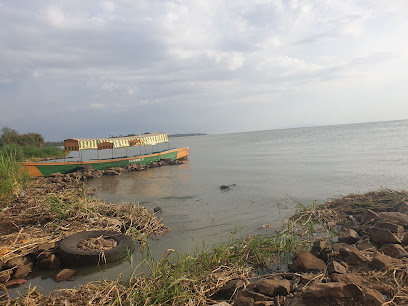
Kisumu Museum
Explore the cultural and natural treasures of Kisumu Museum, a captivating tourist attraction showcasing Kenya's rich heritage.
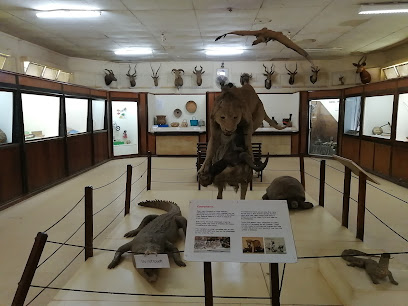
Hippo Point
Experience the natural beauty and adventure of Hippo Point in Kisumu, a serene haven on the shores of Lake Victoria offering breathtaking views and boat tours.
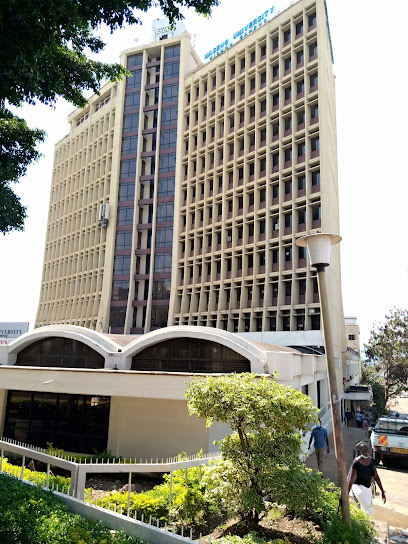
KWS-Kisumu Impala Sanctuary
Explore the Kisumu Impala Sanctuary, a wildlife haven in Kenya offering breathtaking landscapes and diverse wildlife encounters.
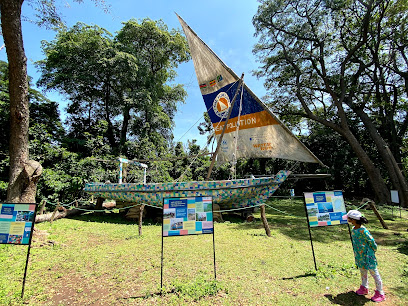
Kisumu Impala Park Wildlife Sanctuary Office
Explore the scenic beauty of Kisumu Impala Park, a wildlife sanctuary teeming with diverse wildlife and breathtaking landscapes on the shores of Lake Victoria.
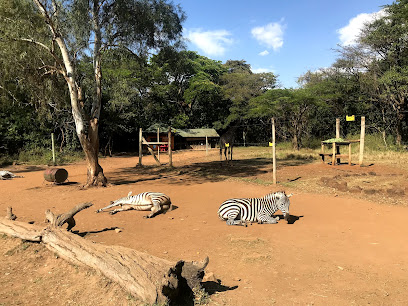
Freedom Park
Discover the tranquility of Freedom Park in Kisumu, a perfect blend of natural beauty and cultural experiences in a serene urban oasis.
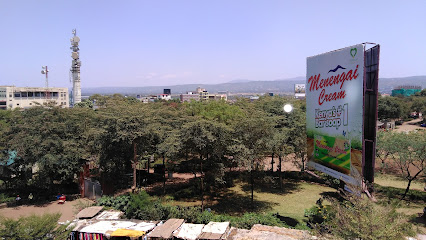
Oile Park Kisumu
Discover the serene beauty of Oile Park in Kisumu, where lush landscapes and tranquility await every visitor.
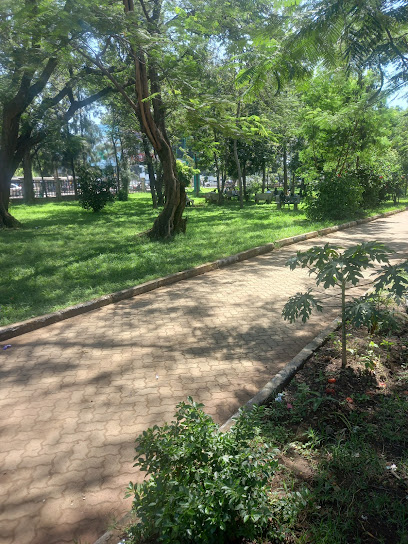
Uhuru park kisumu
Experience tranquility at Uhuru Park in Kisumu, a green oasis perfect for relaxation, picnics, and enjoying the local culture in a serene environment.
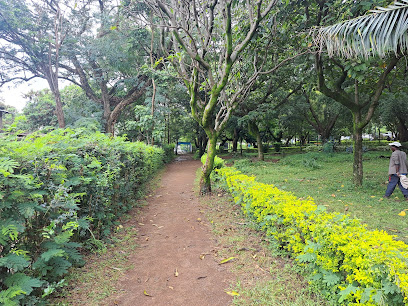
Abindu Caves
Explore the serene beauty and spiritual significance of Abindu Caves in Kisumu, a hidden treasure of Kenya's natural heritage.
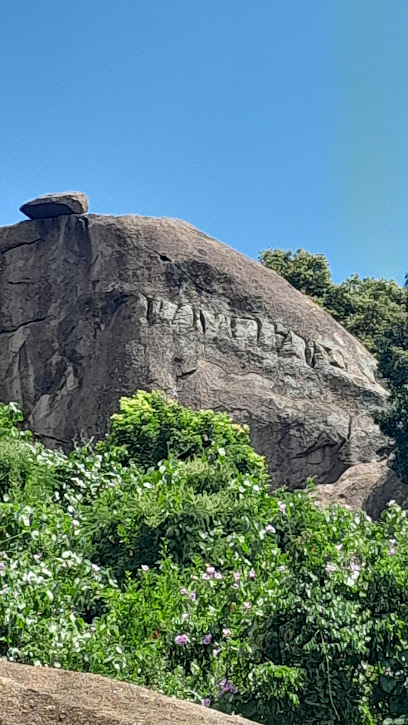
Visit Kisumu City
Experience the vibrant culture and stunning landscapes of Kisumu, the gateway to Lake Victoria and Western Kenya's adventures.
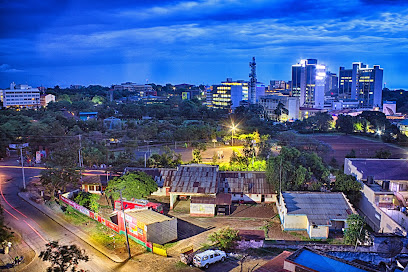
Unmissable attractions to see
AMERUCAN TV DUNGA BEACH KISUMU
Experience the charm of AMERUCAN TV DUNGA BEACH in Kisumu, where natural beauty meets rich cultural experiences along the shores of Lake Victoria.
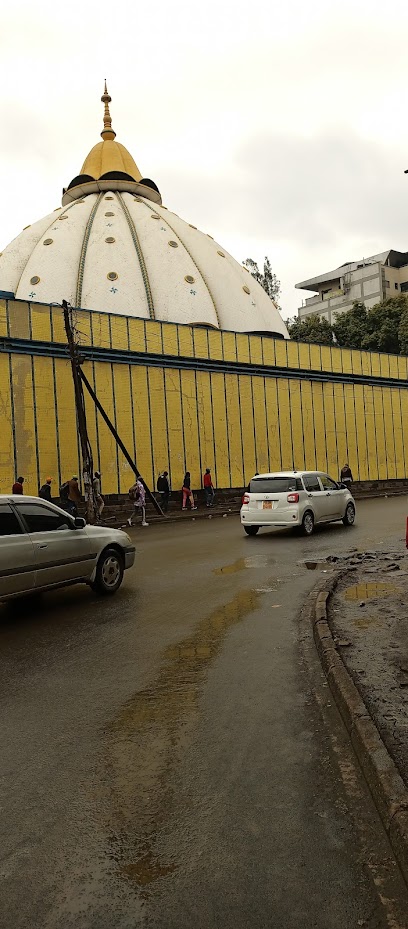
Lake Victoria
Experience the breathtaking beauty and cultural richness of Lake Victoria, Africa's largest lake, ideal for relaxation and adventure in Kisumu.

Essential places to dine
Java House - West End Mall, Kisumu
Experience the essence of Kenyan cuisine at Java House - your go-to restaurant in Kisumu's West End Mall.
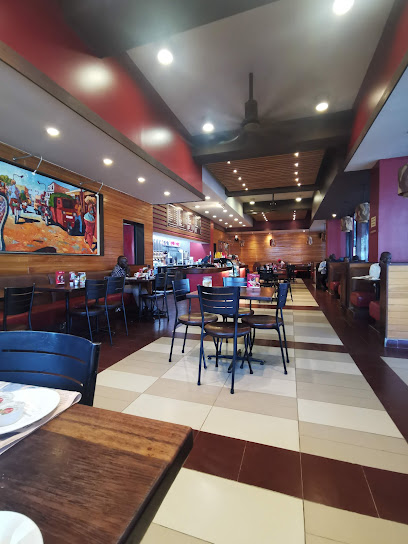
Joventure Restaurant
Experience authentic African cuisine at Joventure Restaurant in Kisumu - where tradition meets flavor in every dish.

City Food Court
Discover diverse culinary delights at City Food Court in Kisumu – your ultimate destination for local and international flavors.
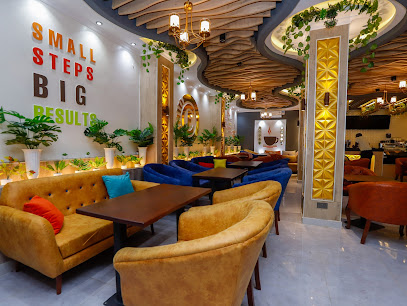
Pwani Dishes
Discover the rich coastal flavors of Kenya at Pwani Dishes in Kisumu – where every dish tells a story.
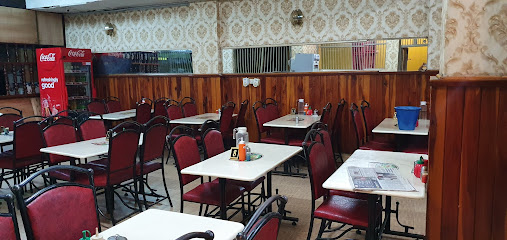
Garam Masala
Discover authentic Indian cuisine at Garam Masala in Kisumu – where every dish tells a story of rich flavors and culinary tradition.
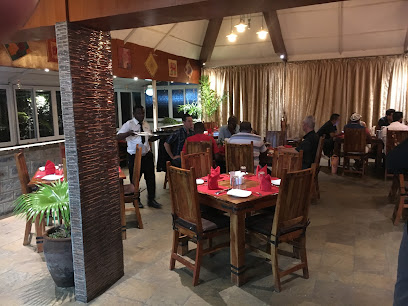
Oriental chinese restaurant
Savor authentic Chinese cuisine in Kisumu at the Oriental Chinese Restaurant—where tradition meets taste in a cozy setting.
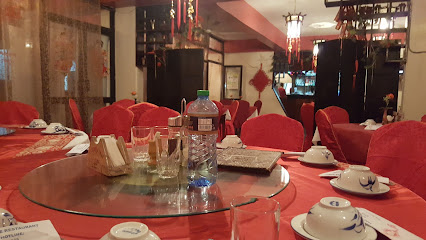
The Backyard Patio Eateries
Discover delightful local cuisine at The Backyard Patio Eateries in Kisumu, where outdoor dining meets flavorful culinary experiences.
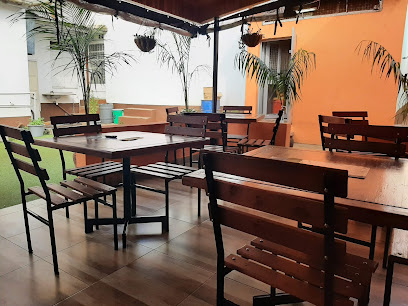
Bilie Restaurant
Discover Bilie Restaurant in Kisumu: A vibrant dining experience blending local flavors with international cuisine amidst warm hospitality.
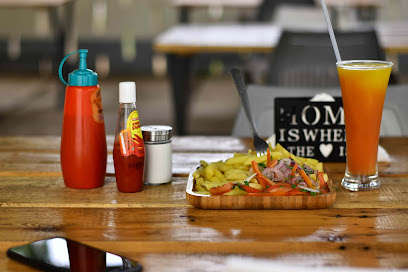
Cucina Bistro
Experience authentic Italian flavors at Cucina Bistro in Kisumu - home to delicious pizzas and warm hospitality.
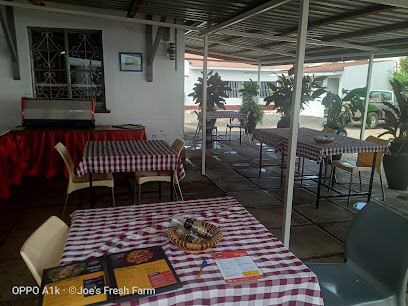
Vintage Cafe Kisumu
Experience the vibrant flavors of Kisumu at Vintage Cafe – your go-to spot for authentic Kenyan cuisine in a cozy setting.
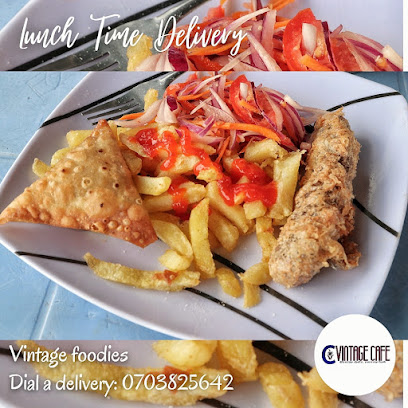
Markets, malls and hidden boutiques
Eusi Black Gift Shop
Explore unique gifts, jewelry, and local crafts at Eusi Black Gift Shop in Kisumu, a vibrant hub of creativity and culture.

COOL WEAR STORE KENYA IN KISUMU
Explore stylish clothing at Cool Wear Store in Kisumu, where local culture meets contemporary fashion for an unforgettable shopping experience.
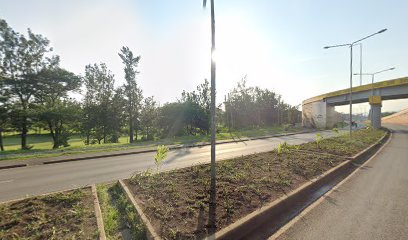
TINAs boutique
Explore TINA's Boutique in Kisumu for unique fashion pieces that celebrate local culture and style, perfect for every wardrobe.
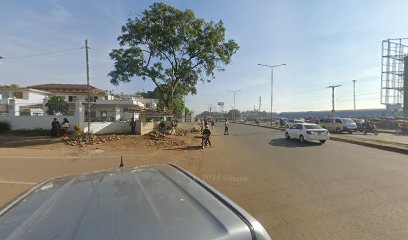
Eunice Boutique
Explore Eunice Boutique in Kisumu for unique fashion and handcrafted treasures that reflect the beauty of local culture.
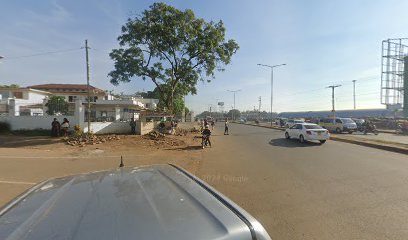
Anguol Boutique
Experience the vibrant world of Kenyan fashion at Anguol Boutique, where unique clothing meets exquisite craftsmanship in Kisumu.
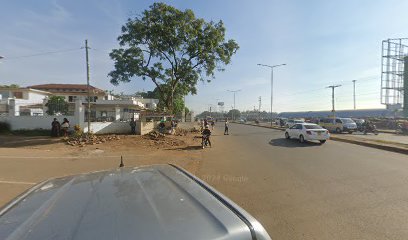
Paraola Mtumba Boutique
Discover unique fashion treasures at Paraola Mtumba Boutique, a charming used clothing store in the heart of Kisumu, perfect for eco-conscious shoppers.
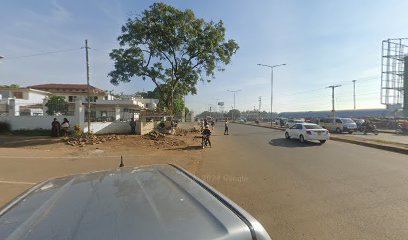
The Fashion Hub collection
Explore The Fashion Hub Collection in Kisumu for a unique blend of local and contemporary fashion, showcasing vibrant styles and accessories.
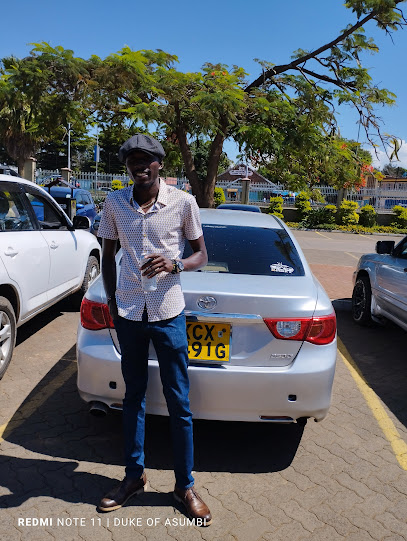
Excellent Boutique
Discover unique fashion treasures at Excellent Boutique in Kisumu, where local craftsmanship meets vibrant style.
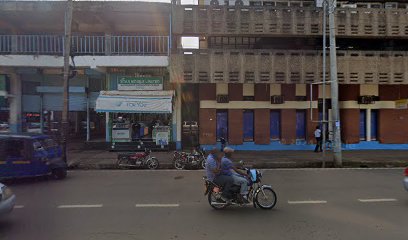
Lavie's fashion House
Explore Lavie's Fashion House in Kisumu for unique fashion finds, blending contemporary style with local flair in a charming boutique setting.
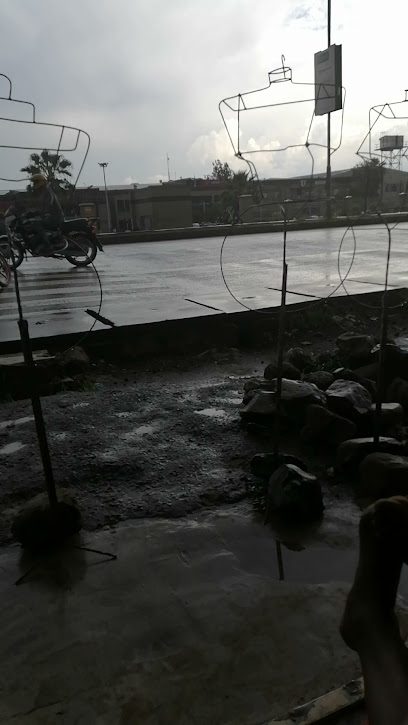
Natalie Boutique
Discover the essence of Kenyan fashion at Natalie Boutique, where tradition meets contemporary style in Kisumu.
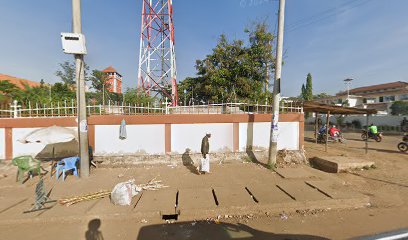
Essential bars & hidden hideouts
Samba Marina Bar & Restaurant
Experience the vibrant energy of Samba Marina Bar & Restaurant, where delicious grilled meals meet lively nightlife in the heart of Kisumu.
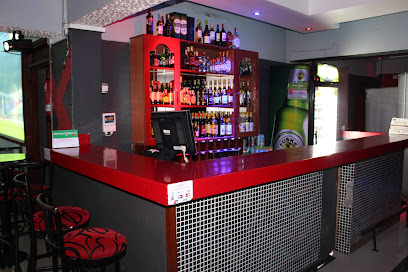
The Place Pub
Experience the lively atmosphere of The Place Pub in Kisumu, where local flavors and vibrant entertainment come together in a social hub.
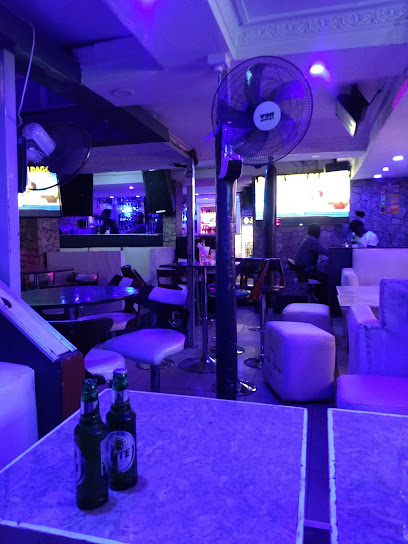
Signature Bar And Restaurant
Discover the vibrant flavors and friendly atmosphere at Signature Bar And Restaurant in Kisumu, where every meal is a celebration of taste.
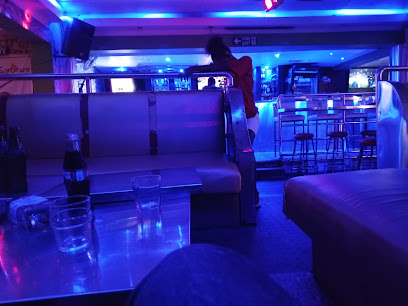
Davundu Bar & Restaurant
Discover the lively and flavorful world of Davundu Bar & Restaurant in Kisumu, where local cuisine meets vibrant atmosphere.
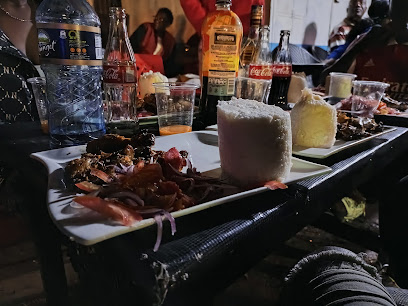
Double M Lounge (Kisumu)
Discover the lively ambiance and delightful drinks at Double M Lounge in Kisumu, a perfect spot for relaxation and local flavor.
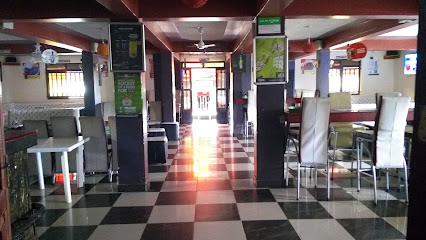
Highway Bar and Restaurant
Experience the vibrant atmosphere and delicious offerings at Highway Bar and Restaurant in Kisumu, where great food meets local culture.
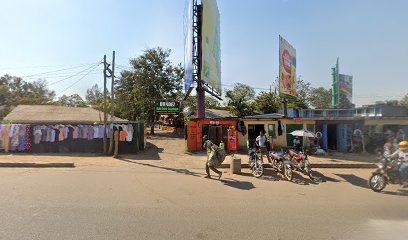
Home Lounge Kisumu
Immerse yourself in the lively nightlife of Kisumu at Home Lounge, where vibrant ambiance meets a delightful drink selection.
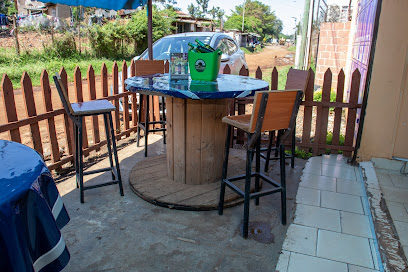
The OTRO kisumu
Discover the vibrant nightlife of Kisumu at The OTRO, a lively bar and restaurant that offers an unforgettable party experience.
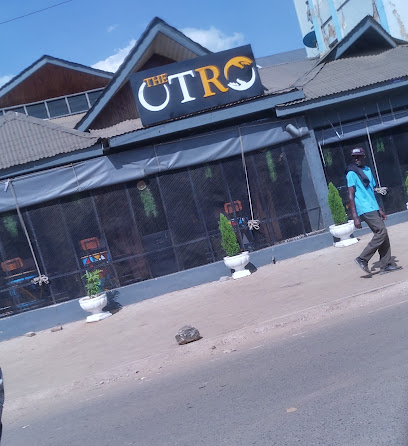
Pool Side Bar And Restaurant
Discover the tranquil charm of Pool Side Bar And Restaurant in Kisumu, where exquisite dining meets serene poolside relaxation.
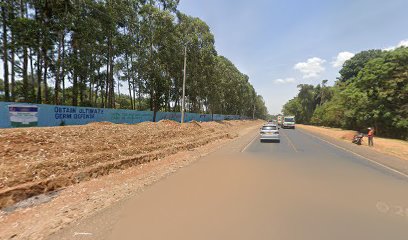
Kisumu Institute Bar
Discover the vibrant atmosphere and local flavors at Kisumu Institute Bar, a perfect spot for relaxation and cultural immersion in Kisumu.
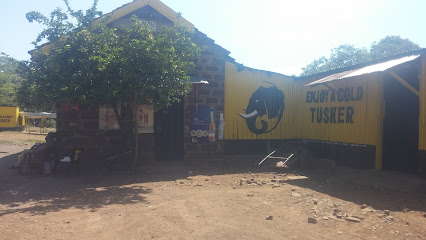
Local Phrases
-
- HelloHodi
[ho-dee] - GoodbyeKwaheri
[kwa-he-ri] - YesEe
[ay] - NoHapana
[ha-pa-na] - Please/You're welcomeTafadhali
[ta-fa-da-lee] - Thank youAsante
[a-san-te] - Excuse me/SorrySamahani
[sa-ma-ha-nee] - How are you?Unajuaje?
[oo-na-joo-a-jay] - Fine. And you?Safi. Na wewe?
[sa-fee. na weh-weh] - Do you speak English?Unasema Kiingereza?
[oo-na-se-ma keen-ge-re-za] - I don't understandSielewi
[see-e-le-wee]
- HelloHodi
-
- I'd like to see the menu, pleaseNataka kuona menu, tafadhali
[na-ta-ka kwo-na me-nu, ta-fa-da-lee] - I don't eat meatSili nyama
[see-lee nya-ma] - Cheers!Mambo!
[mam-bo] - I would like to pay, pleaseNataka kulipa, tafadhali
[na-ta-ka ku-li-pa, ta-fa-da-lee]
- I'd like to see the menu, pleaseNataka kuona menu, tafadhali
-
- Help!Usaidizi!
[oo-sai-dee-zee] - Go away!Nenda zako!
[nen-da za-ko] - Call the Police!Piga Polisi!
[pee-ga po-lee-see] - Call a doctor!Piga daktari!
[pee-ga dak-ta-ree] - I'm lostNimepotea
[nee-me-po-te-a] - I'm illNinaumwa
[nee-na-oom-wa]
- Help!Usaidizi!
-
- I'd like to buy...Nataka kununua...
[na-ta-ka koo-noo-nua] - I'm just lookingNatazama tu
[na-ta-za-ma too] - How much is it?Bei ni ngapi?
[bay nee nga-pee] - That's too expensiveHilo ni ghali sana
[hee-lo nee ga-lee sa-na] - Can you lower the price?Unaweza kupunguza bei?
[oo-na-we-za koo-poon-goo-za bay]
- I'd like to buy...Nataka kununua...
-
- What time is it?Saa ngapi?
[sa-a nga-pee] - It's one o'clockNi saa moja
[nee sa-a mo-ja] - Half past (10)Nusu kumi
[nu-su koo-mee] - MorningAsubuhi
[a-su-boo-hee] - AfternoonMchana
[mcha-na] - EveningJioni
[jo-ee-nee] - YesterdayJana
[ja-na] - TodayLeo
[lay-oh] - TomorrowKesho
[ke-sho] - 1Moja
[mo-ja] - 2Mbili
[mbee-lee] - 3Tatu
[ta-too] - 4Nne
[nne] - 5Tano
[ta-no] - 6Sita
[see-ta] - 7Saba
[sa-ba] - 8Nane
[na-ne] - 9Tisa
[tee-sa] - 10Kumi
[koo-mee]
- What time is it?Saa ngapi?
-
- Where's a/the...?Iko wapi...?
[ee-ko wa-pee] - What's the address?Anuani ni gani?
[a-nu-a-nee nee ga-nee] - Can you show me (on the map)?Unaweza kunionyesha (kwenye ramani)?
[oo-na-we-za koo-nee-on-ye-sha kwe-nee ra-ma-nee] - When's the next (bus)?Basi lijalo ni saa ngapi?
[ba-see lee-ja-lo nee sa-a nga-pee] - A ticket (to ....)Tiketi (kwenda ....)
[tee-ke-tee kwen-da]
- Where's a/the...?Iko wapi...?
History of Kisumu CBD
-
Kisumu CBD, located on the shores of Lake Victoria, emerged as a vital port and trading hub in the late 19th century. The establishment of the Uganda Railway in the 1890s catalyzed the town's development, facilitating trade between the interior of East Africa and the coastal cities. Kisumu became the primary port for the export of agricultural products, particularly cotton, and the import of goods, earning its status as a key economic center in the region.
-
During the colonial period, Kisumu, then known as Port Florence, underwent significant urban development under British rule. The British established administrative structures, railway connections, and commercial activities that shaped the urban landscape. The introduction of Western-style architecture and urban planning marked a transformation, with notable buildings such as the Kisumu Museum and the Old Post Office reflecting colonial influences.
-
Kisumu played a pivotal role in Kenya's struggle for independence in the mid-20th century. The town became a hub for political activity, hosting rallies and meetings of nationalist leaders. The 1950s saw increased political mobilization, with local leaders advocating for the rights of the Luo community and other ethnic groups. The events in Kisumu contributed to the broader narrative of Kenya’s fight for self-governance.
-
Following Kenya's independence in 1963, Kisumu CBD experienced rapid urbanization and population growth. The town became an important administrative and commercial center for the Nyanza region. The establishment of various government offices, educational institutions, and health facilities further solidified Kisumu's status as a regional hub. This growth was accompanied by challenges, including infrastructure deficits and urban poverty.
-
Today, Kisumu CBD is a vibrant cultural melting pot, reflecting the rich diversity of the communities in the region. The town is known for its lively markets, such as the Kisumu Central Market, where local produce and crafts are sold. Additionally, cultural festivals and events celebrate the Luo heritage and Lake Victoria's significance to the local economy. Recent urban renewal initiatives aim to revitalize the CBD, making it a more attractive destination for both locals and tourists.
Kisumu CBD Essentials
-
Kisumu CBD is well-connected with various neighborhoods in Kisumu. From Kisumu International Airport, located about 5 km away, you can take a taxi or an airport shuttle service directly to the CBD. If you are coming from other neighborhoods, local matatus (a form of shared minibus taxi) are readily available and inexpensive. Buses also operate on several routes that connect different parts of the city to the CBD.
-
Kisumu CBD is relatively compact, making it easy to explore on foot. For longer distances, matatus and tuk-tuks (three-wheeled taxis) are convenient and affordable options. Bicycles can be rented from local shops for a more adventurous way to navigate the city. There are no train services directly within the CBD, but the Kisumu Railway Station is located nearby, serving routes to other cities.
-
Kisumu CBD is generally safe for tourists, but like any urban area, it is important to stay alert. Areas such as Kondele and Obunga have higher crime rates and are best avoided, especially at night. Petty crimes like pickpocketing can occur in crowded places, so keep your belongings secure and be cautious when using your phone in public.
-
In case of an emergency, dial 999 or contact the nearest police station. Kisumu also has several hospitals and clinics, including the Kisumu County Referral Hospital, for medical emergencies. It is advisable to have travel insurance that covers medical issues. Local pharmacies can assist with minor health concerns.
-
Fashion: Do wear lightweight, modest clothing suitable for warm weather. Avoid overly revealing outfits to respect local culture. Religion: Do respect local customs and dress modestly when visiting religious sites. Public Transport: Do be courteous to fellow passengers and offer your seat to the elderly. Don't engage in loud conversations in public transport. Greetings: Do greet locals with a handshake or a friendly 'Jambo.' Eating & Drinking: Do try local dishes and drink bottled water. Don't refuse food offered as it may be considered impolite.
-
To experience Kisumu CBD like a local, visit the bustling markets such as the Kisumu Central Market, where you can find fresh produce, fish, and local crafts. Engage with local vendors; they are often friendly and happy to share stories. Explore the lakeside promenade and take a sunset boat ride on Lake Victoria for stunning views. Don't miss the opportunity to sample local delicacies like tilapia and ugali at nearby eateries.
Nearby Cities to Kisumu CBD
-
Things To Do in Eldoret
-
Things To Do in Kitale
-
Things To Do in Mbale
-
Things To Do in Nakuru
-
Things To Do in Jinja
-
Things To Do in Naivasha
-
Things To Do in Kampala
-
Things To Do in Entebbe
-
Things To Do in Nairobi
-
Things To Do in Lira
-
Things To Do in Masaka
-
Things To Do in Mwanza
-
Things To Do in Bukoba
-
Things To Do in Gulu
-
Things To Do in Arusha













